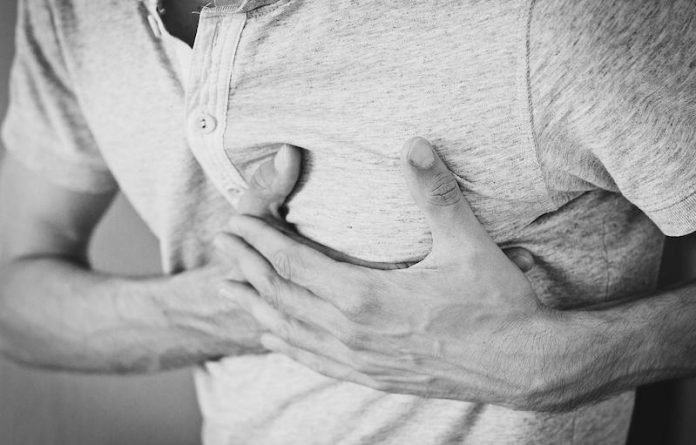
A heart attack, also known as a myocardial infarction, happens when the flow of blood that brings oxygen to a part of your heart muscle suddenly becomes blocked.
Your heart can’t get enough oxygen. If blood flow is not restored quickly, the heart muscle will begin to die.
Heart attacks are very common. According to the Centers for Disease Control and Prevention, more than 800,000 people in the United States have a heart attack each year.
We’ve all seen the movie scenes where a man gasps, clutches his chest, and falls to the ground.
In reality, a heart attack victim could easily be a woman, and the scene is not so dramatic.
While men and women share some of the same heart attack symptoms, The University of Alabama’s Dr. Joseph Fritz explains they can also have different symptoms.
For both women and men, the basic symptoms of a heart attack include chest tightness or pressure and/or pain in the chest, neck, jaw, arms, or back.
For men, major symptoms prior to their heart attacks include shortness of breath, weakness, unusual fatigue, breaking out into a cold sweat, and dizziness.
For women, major symptoms prior to their heart attacks include unusual fatigue, sleep disturbance, shortness of breath, indigestion, and anxiety.
Remember that each heart attack is different, so your symptoms may not fit the cookie-cutter description.
Never ignore any possible symptoms of a heart attack, and get medical attention immediately.
If you care about heart attack, please read studies about drug combo that could reduce your risks of heart attack and stroke, and doing this after a heart attack could increase survival.
For more information about heart health, please see recent studies about a big cause of heart failure, and results showing some vitamins may hide heart attacks if you use it too much.



